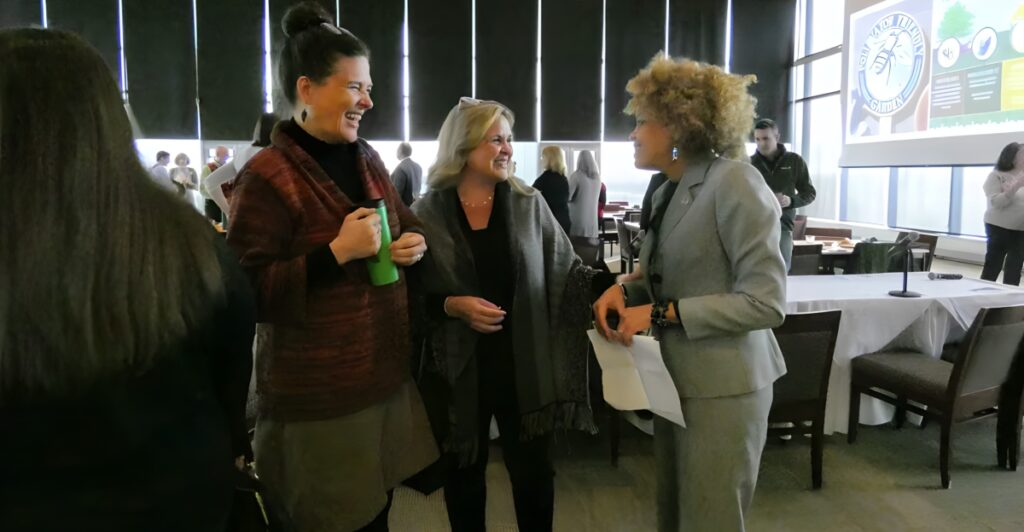
In Maryland, a new law makes waves for homeowners associations (HOAs) and gardeners. House Bill 322, also known as the low-impact landscaping legislation, ensures that homeowners can plant native plants and create wildlife habitats without interference. This bill, aimed at encouraging environmental consciousness, is a step forward for those who want to embrace eco-friendly gardening practices. The law protects the rights of homeowners to nurture their outdoor spaces with pollinator gardens and other natural landscaping options.
Background of the Case
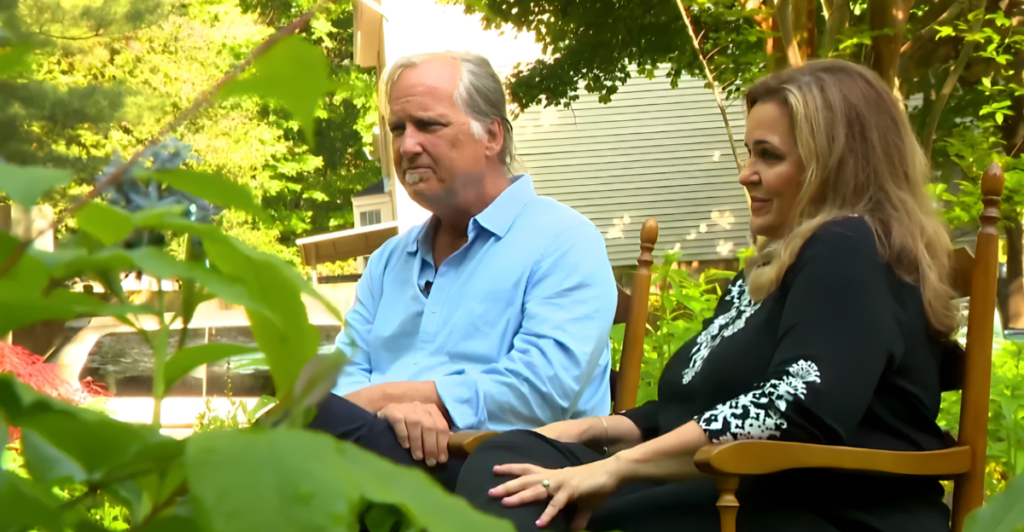
The story behind the legislation begins with Janet Crouch, a Maryland homeowner who faced resistance from her HOA. Her 15-year-old pollinator garden was central to a dispute with the Beech Creek HOA in Howard County. The HOA demanded that Janet and her husband, Jeff, convert their garden into a traditional turfgrass lawn. This began a lengthy and challenging battle that ultimately led to legislative change across the state.
HOA’s Argument Against Pollinator Gardens
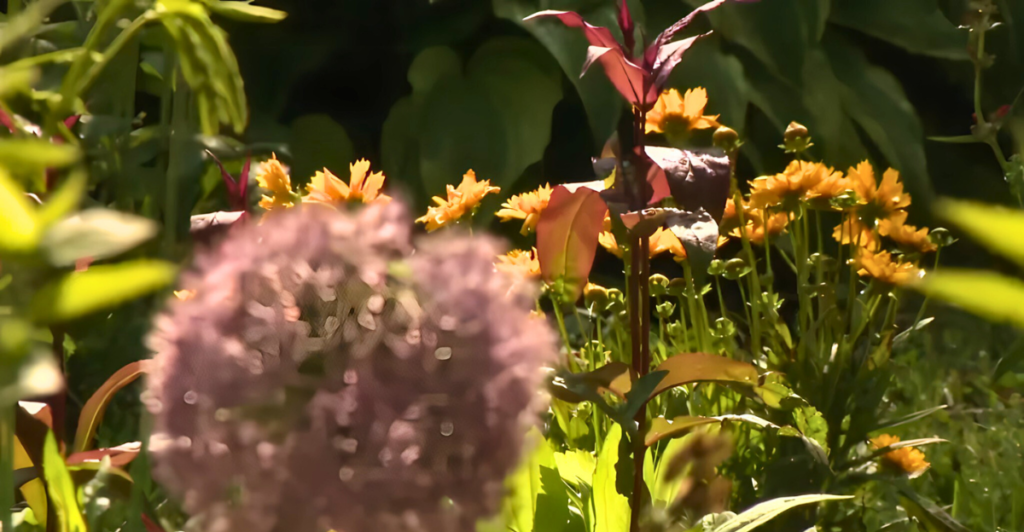
The Beech Creek HOA argued that the Crouches’ garden, which used native plants and was pesticide-free, went against the planned development’s uniformity. They insisted that all lots should maintain manicured lawns with turfgrass. The HOA’s legal representatives expressed concerns over the garden’s “environmentally sensitive agenda,” attempting to label the Crouches’ gardening choices as out of place with the community’s aesthetic expectations.
Legal and Financial Tactics Used by HOA
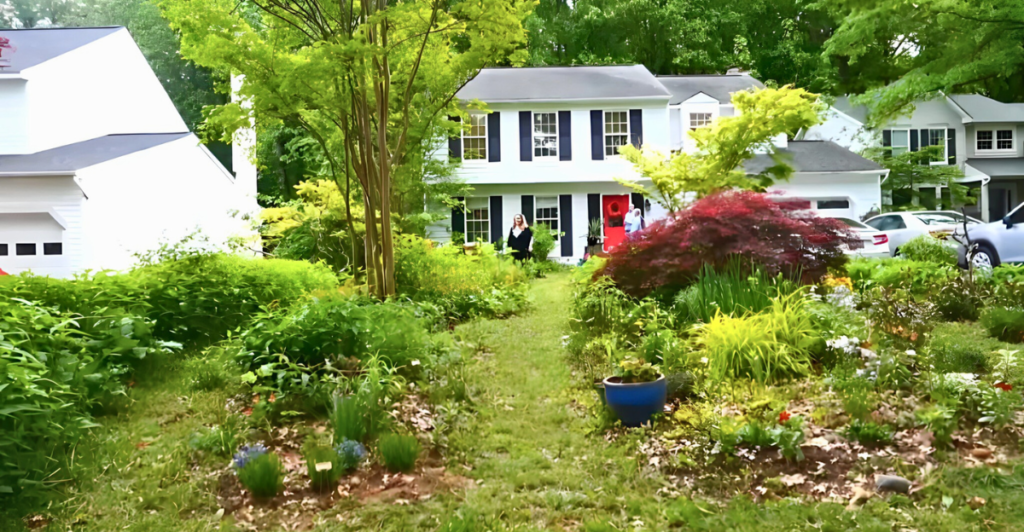
The HOA’s tactics included sending multiple legal letters and hiring a law firm, Nagle & Zaller, to force the Crouches to remove their garden. The HOA reportedly spent approximately $100,000 of the community’s dues on legal fees to challenge the garden, a significant financial commitment that raised questions about the HOA’s priorities and use of resources, especially compared to the minimal environmental harm caused by the Crouches’ gardening choices.
The Role of One Neighbor in the Dispute
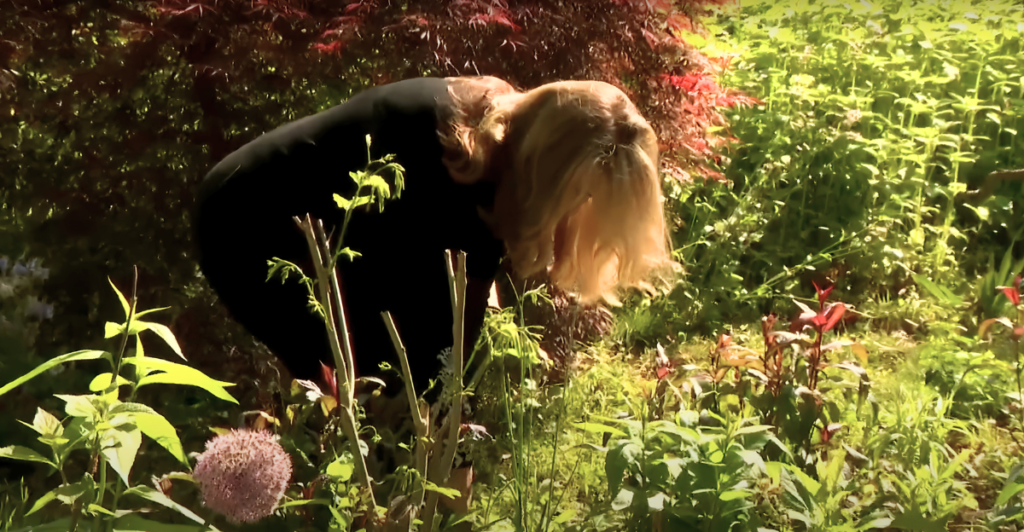
At the heart of the HOA’s complaint was one neighbor who opposed the Crouches’ garden. This neighbor, whose own yard contained invasive plants and chemical pesticides, accused the Crouches of attracting mosquitoes and wildlife, including squirrels. Ironically, the neighbor’s yard had standing water and was a more likely breeding ground for mosquitoes. The neighbor’s complaints significantly influenced the HOA’s stance against the Crouches’ garden.
The Response from Janet and Jeff Crouch
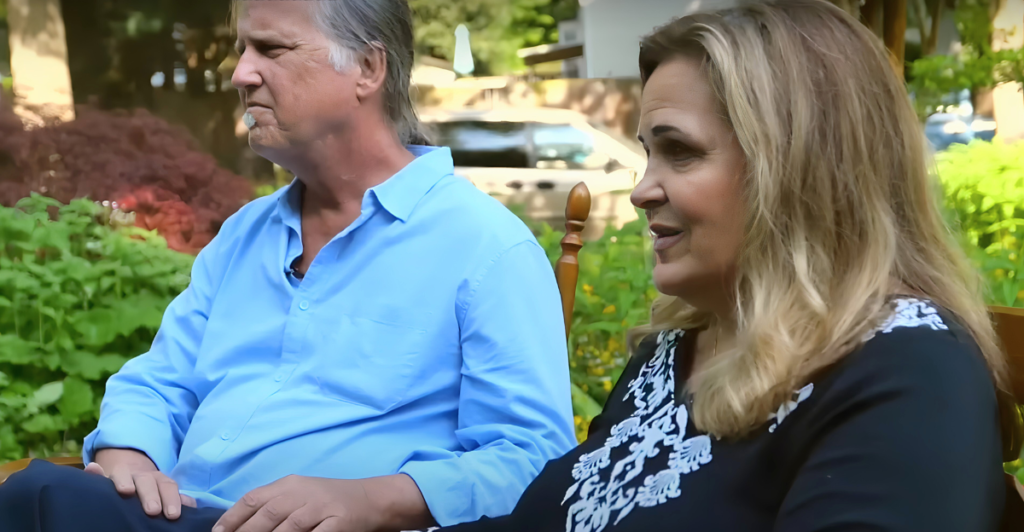
Despite the pressure from the HOA, Janet and Jeff Crouch remained determined to defend their garden. Janet, passionate about creating a space for wildlife, followed the advice on how to work with her HOA. She posted minor signs explaining her garden’s purpose, distributed newsletters, and even ran for a position on the HOA board to advocate for more environmentally friendly policies. However, these efforts were often met with resistance from the board and the community.
Struggles with the HOA’s Process
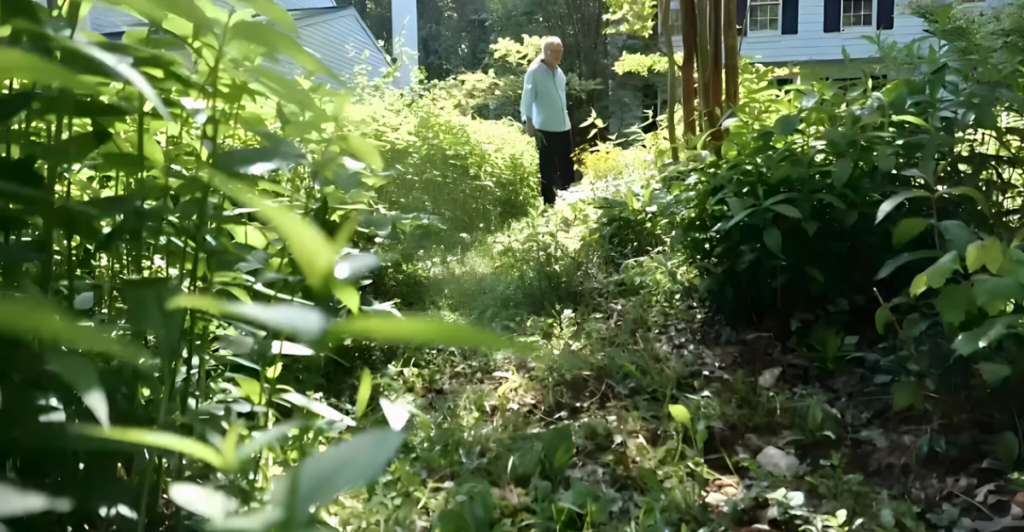
Janet’s attempts to engage with the HOA were repeatedly undermined. At a hearing in 2018, Janet was told to remain silent while a neighbor aired grievances about her garden, including bizarre accusations like “trash trees” and oversized insects. Despite the Crouches’ apparent efforts to follow legal procedures, the process seemed more like a staged performance than a fair hearing. The lack of transparency and professionalism was a significant obstacle throughout their fight.
Ignorance and Harassment Faced by the Crouches
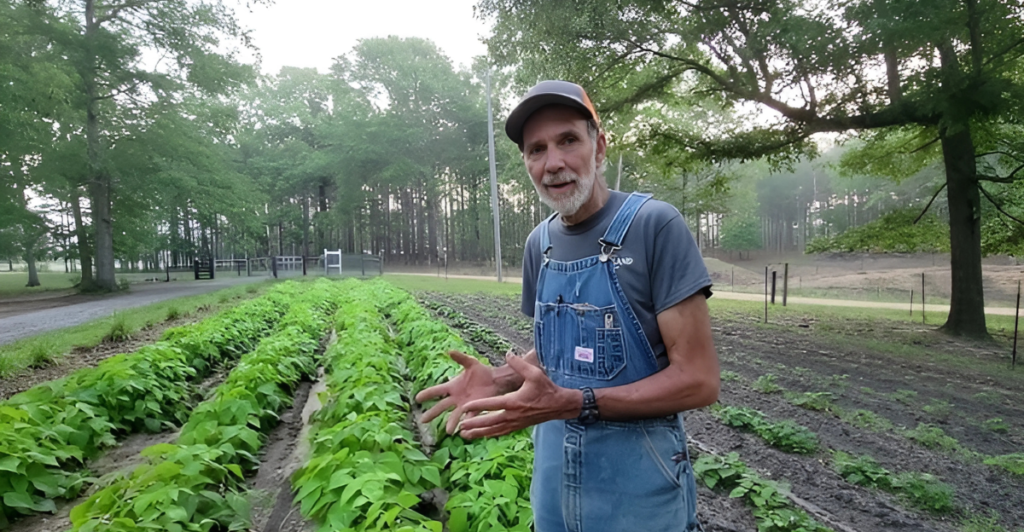
Throughout the ordeal, Janet and Jeff experienced constant harassment, including having their house photographed by passersby and enduring lengthy, irrelevant interrogations during court depositions. The HOA’s legal representatives, particularly attorney Sean Suhar, used aggressive tactics to intimidate the Crouches. Janet found herself in a deeply frustrating situation where the rules seemed arbitrary, and the community’s environmental values were ignored in favor of outdated aesthetic preferences.
The Legislative Response to HOA Overreach
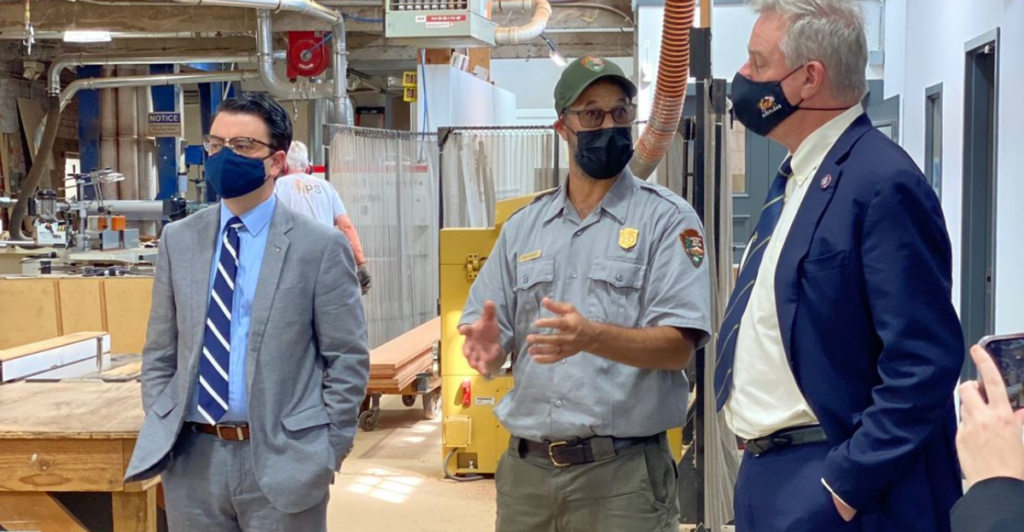
The battle against the HOA’s actions led to a push for legislative reform. Janet reached out to Delegate Terri Hill for assistance and, with the help of others, drafted a bill that would protect homeowners’ rights to create wildlife-friendly gardens. House Bill 322, which would prevent HOAs from forcing homeowners to remove native plant gardens or restrict wildlife habitats, was introduced as a solution to the increasing number of HOA disputes over gardening practices.
Support for the Legislation

The bill gained widespread support from the Community Associations Institute, representing HOAs nationwide. Testimonies favoring the bill came from various experts, including wildlife biologists and native plant specialists. With co-sponsors Delegate Terri Hill and Delegate Jessica Feldmark, the bill gained momentum in the Maryland General Assembly. The legislation was designed to ensure homeowners could maintain environmentally conscious gardens without fearing HOA interference.
Key Figures in the Legislative Victory
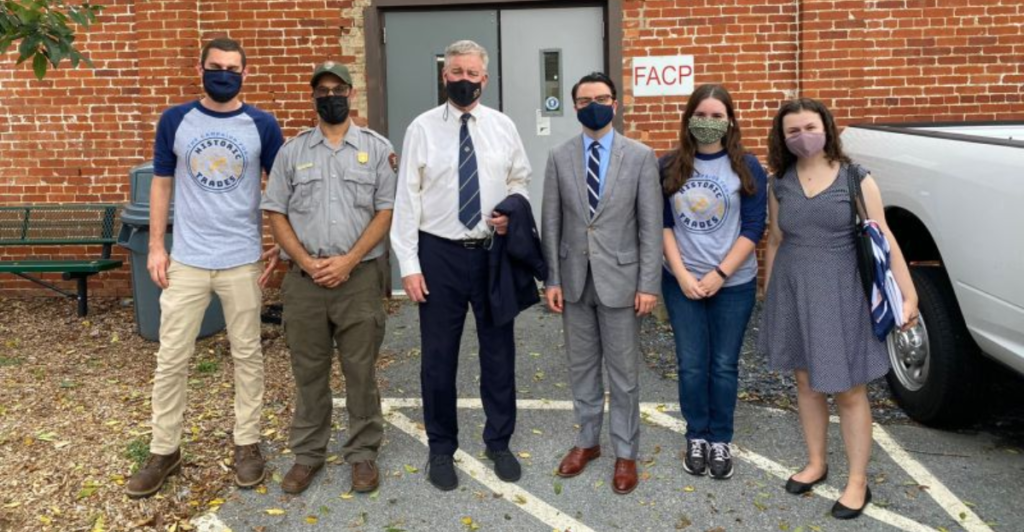
Several individuals played crucial roles in the passage of House Bill 322. Mary Catherine Cochran, former legislative director for Delegate Hill, helped draft the bill, which was modeled after similar successful legislation in other states. Experts like wildlife biologist John Hadidian and native nursery expert Rob Jenkins provided valuable insights into protecting pollinator gardens. Legal advocates like Jeff Kahntroff and Matt Skipper supported the case, ensuring that environmental rights were upheld.
The Broader Implications of the Bill
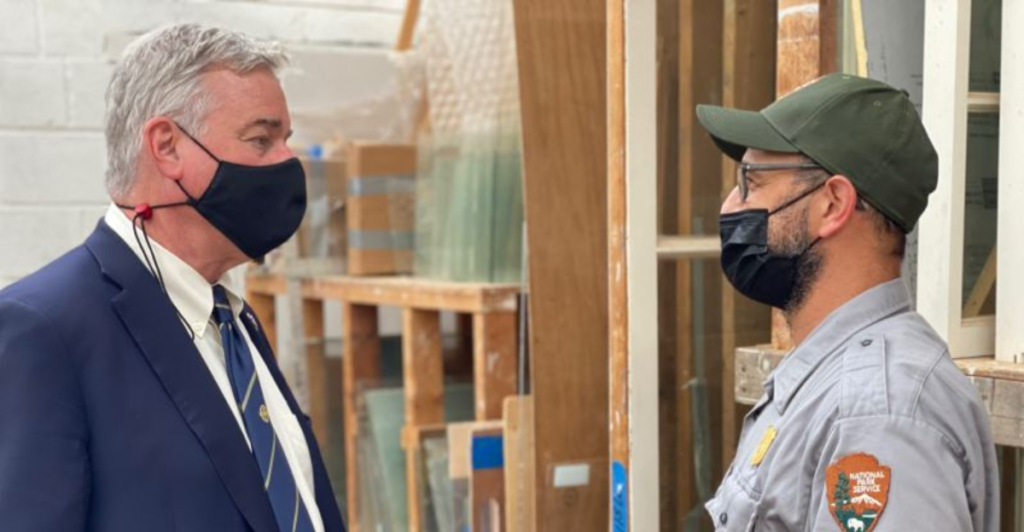
House Bill 322 has broader implications for homeowners across Maryland. The bill sets a precedent for future landscaping laws and encourages other states to follow suit. As more people recognize the importance of native plants and wildlife habitats, more communities are expected to embrace eco-friendly landscaping. This legislation reflects a growing movement toward sustainable living and acknowledges the need for greater environmental responsibility in urban and suburban settings.
Future Outlook
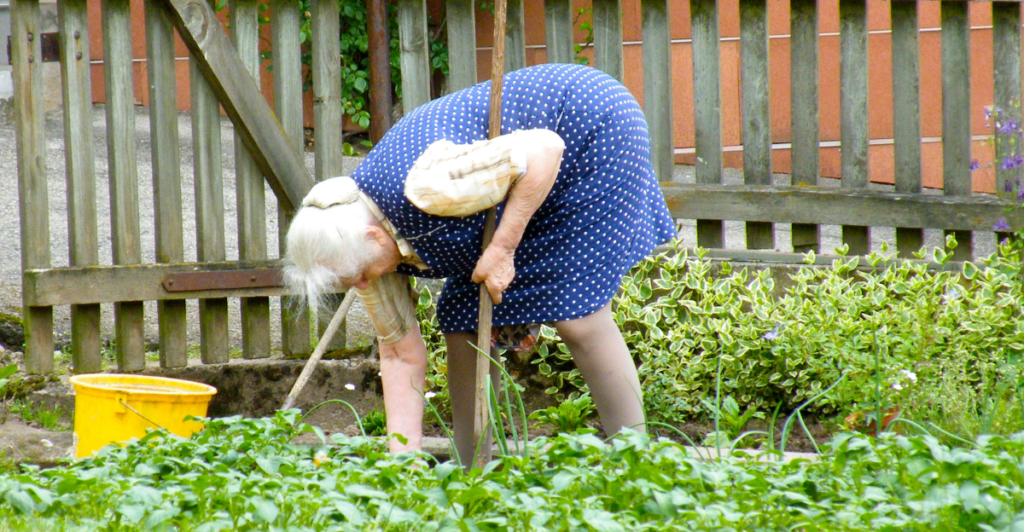
The passage of House Bill 322 represents a significant victory for environmentalists, gardeners, and homeowners who want to live in harmony with nature. With the governor’s signature expected soon, this legislation will make it illegal for HOAs to demand the removal of pollinator gardens or restrict the planting of native species. This law offers hope for those seeking to balance beautiful landscapes with ecological responsibility, ensuring that future generations enjoy healthier, more diverse environments.
Stay connected with us for more stories like this! Follow us to get the latest updates or hit the Follow button at the top of this article, and let us know what you think by leaving your feedback below. We’d love to hear from you!







